Nowadays, we human have to face the environment problems.
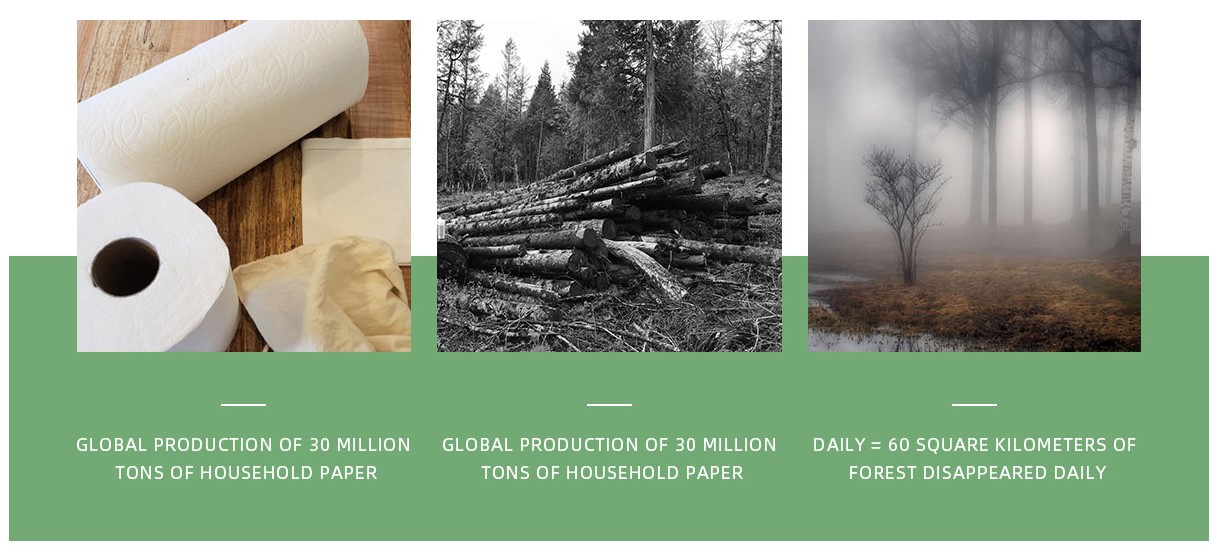
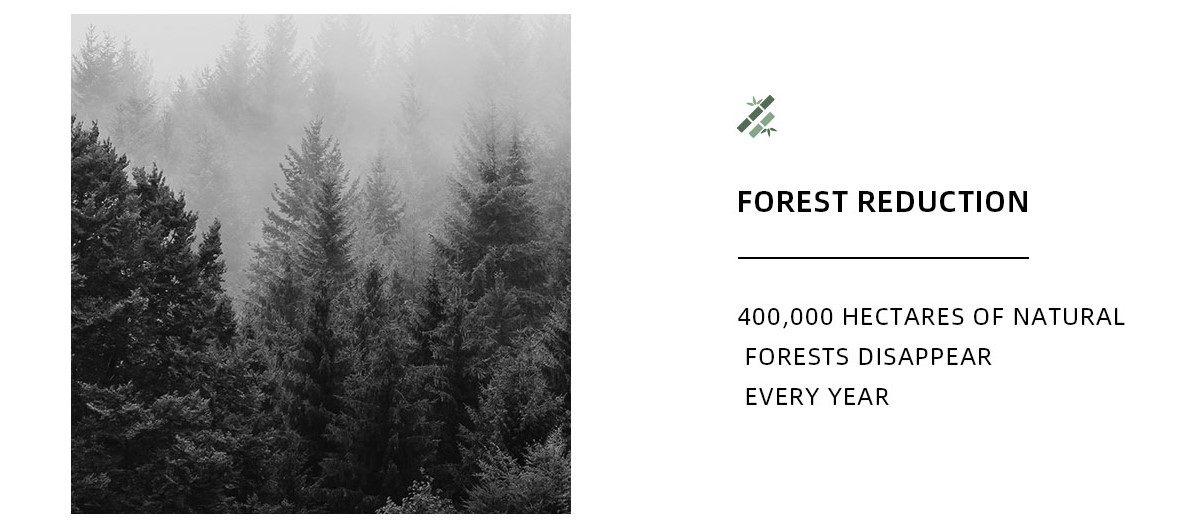
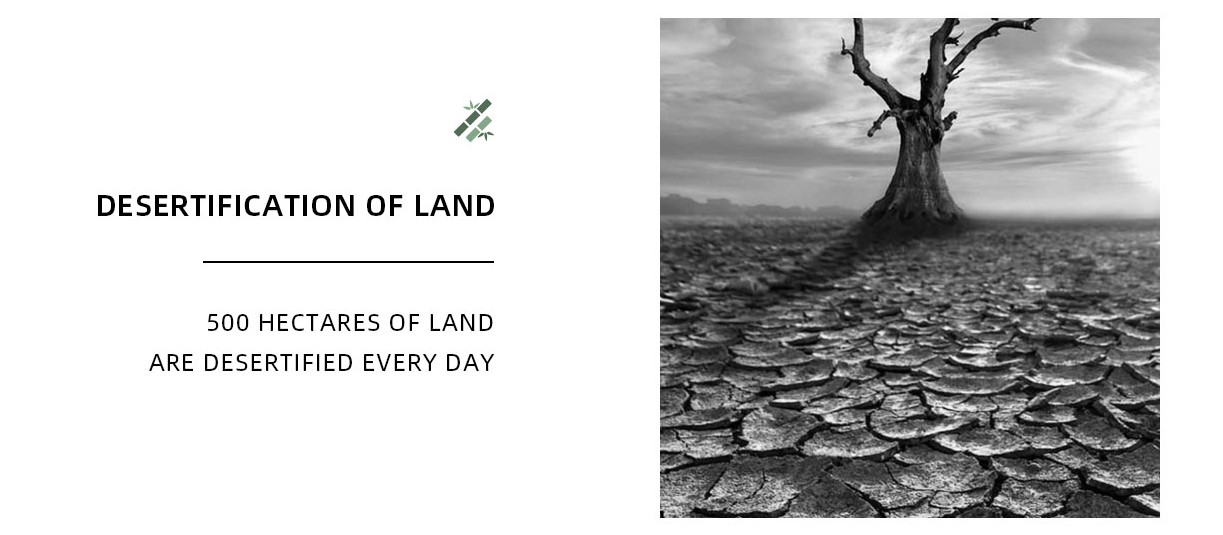
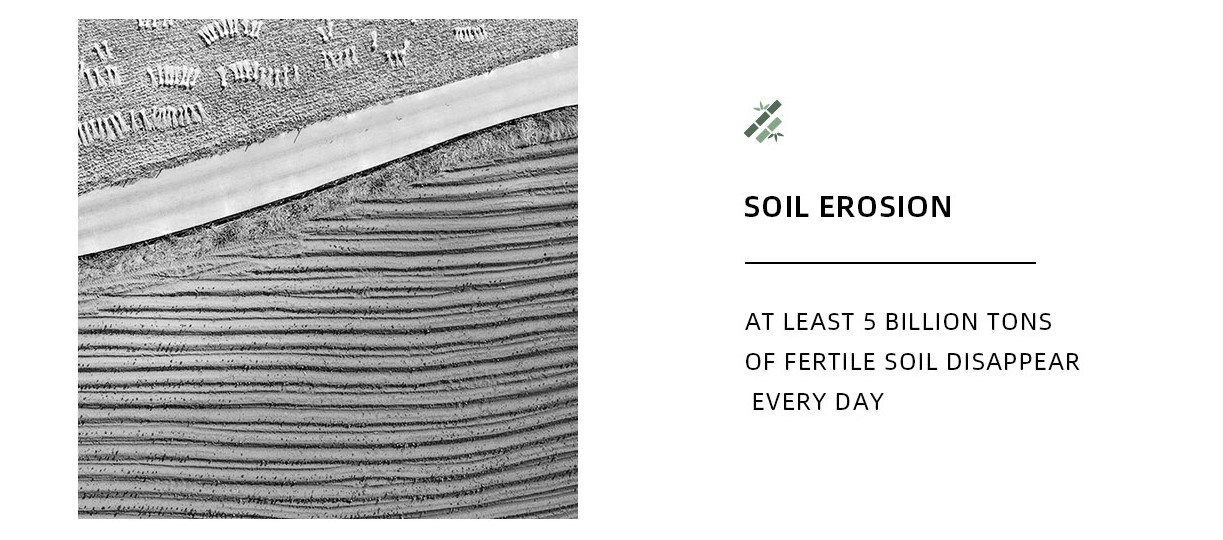
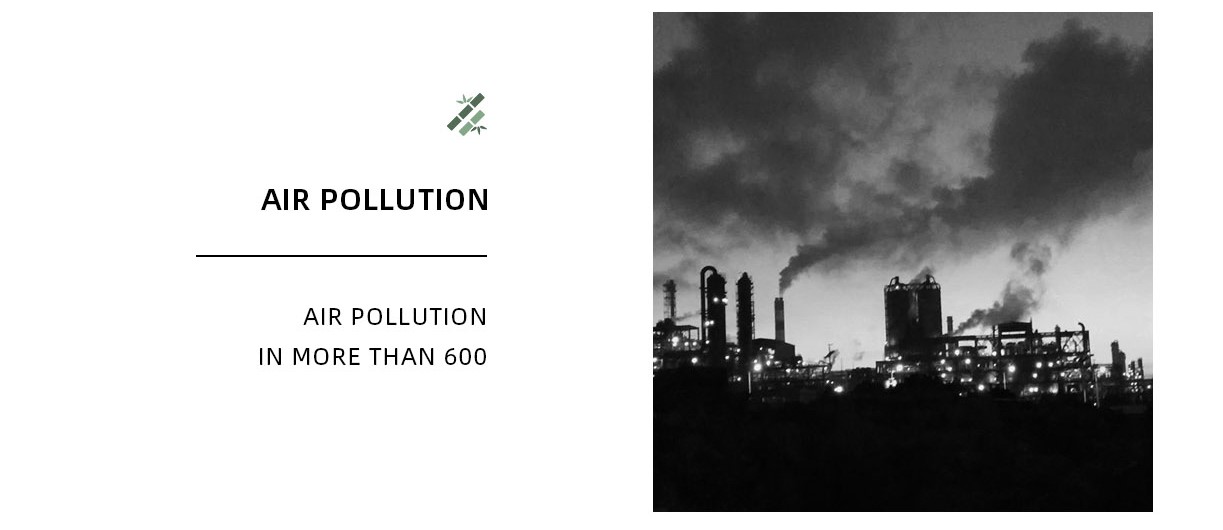
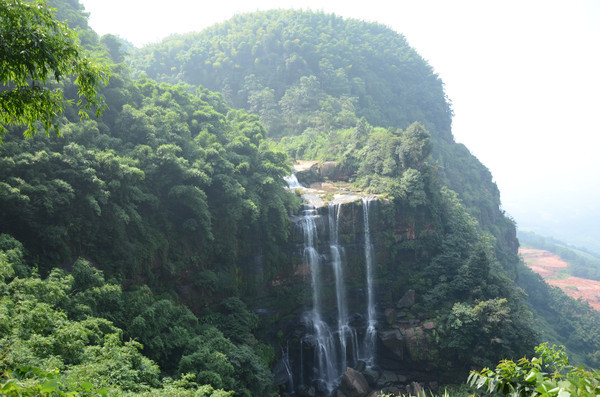
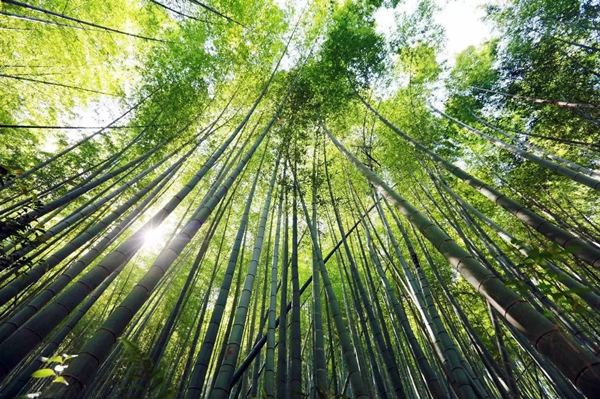
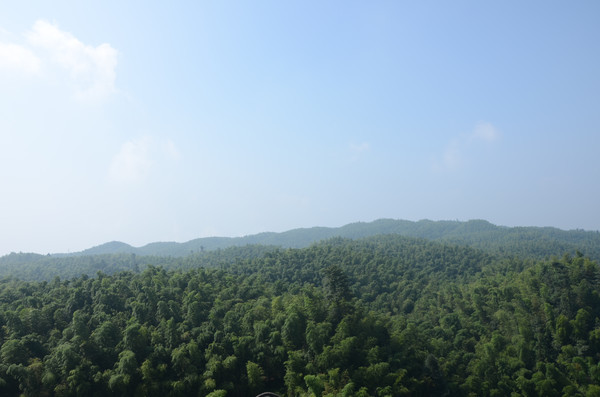
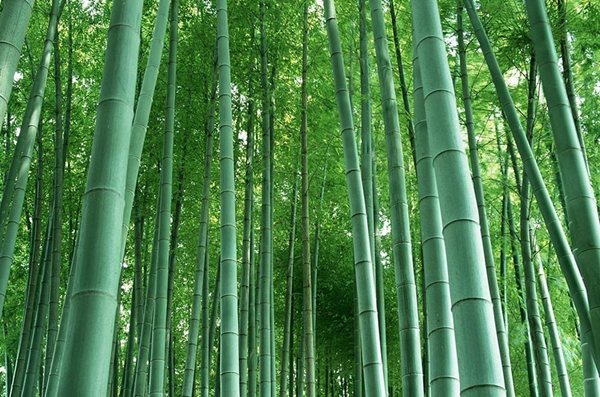
Bamboo is a resource that can replace wood and plastic products, and has considerable environmental protection.
Bamboo is a regenerated plant with strong reproductive ability, short growth cycle, and excellent material. The characteristics of the large clustered bamboos in the south are that they can become forests in 2-3 years, and they can be grown in 3-4 years, and they can be cut down once a year. At the same time, 10 bamboos can be retained, and other ecological benefits are not affected.
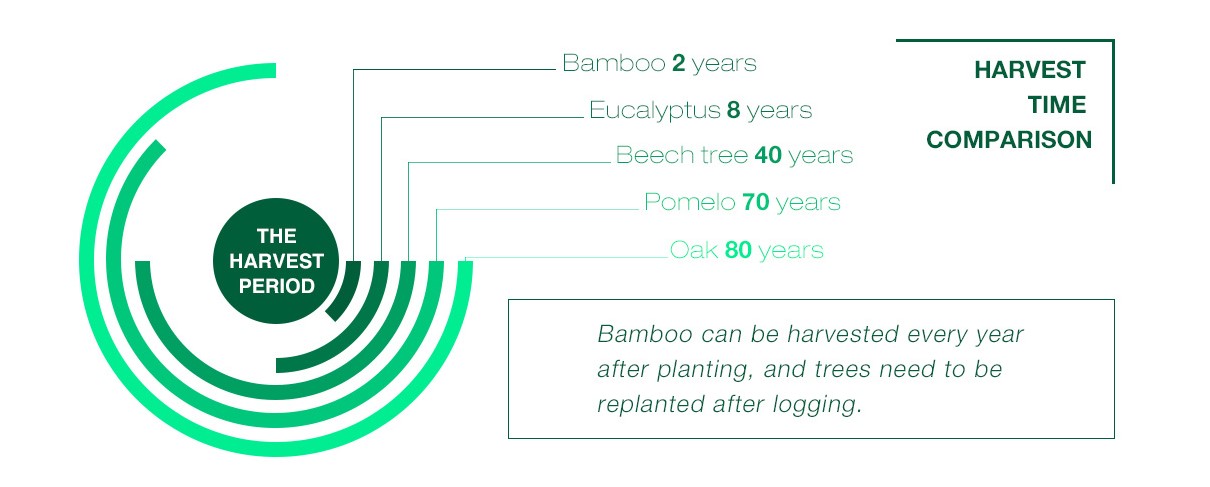
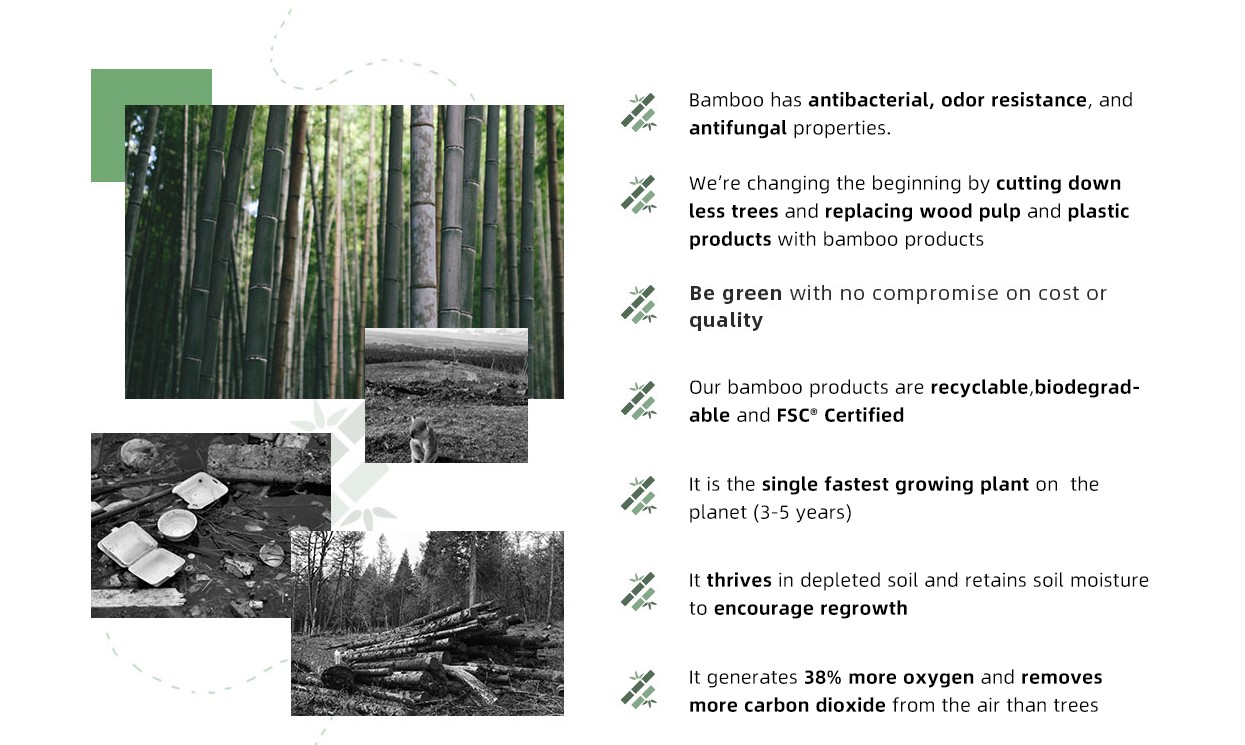
Bamboo is also a great soil anchor, with dense bamboo roots and fibrous roots, which can firmly grasp the ground underfoot, which can effectively purify the soil and prevent soil erosion.
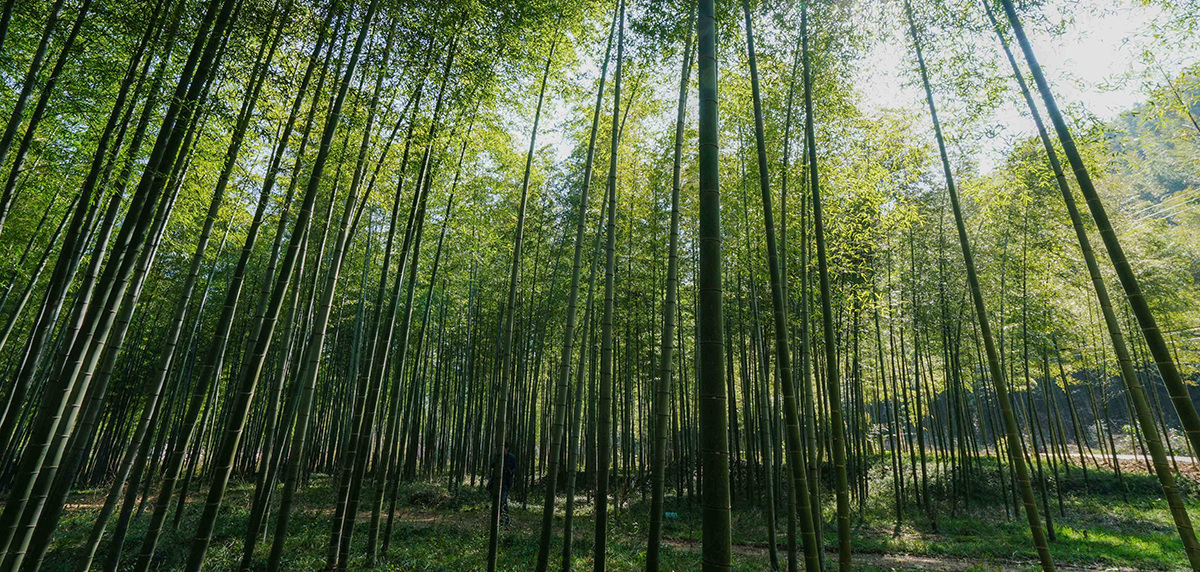
Bamboo could also purify the air and has a high carbon absorption capacity. If bamboo is widely planted, it will help reduce carbon dioxide emissions.
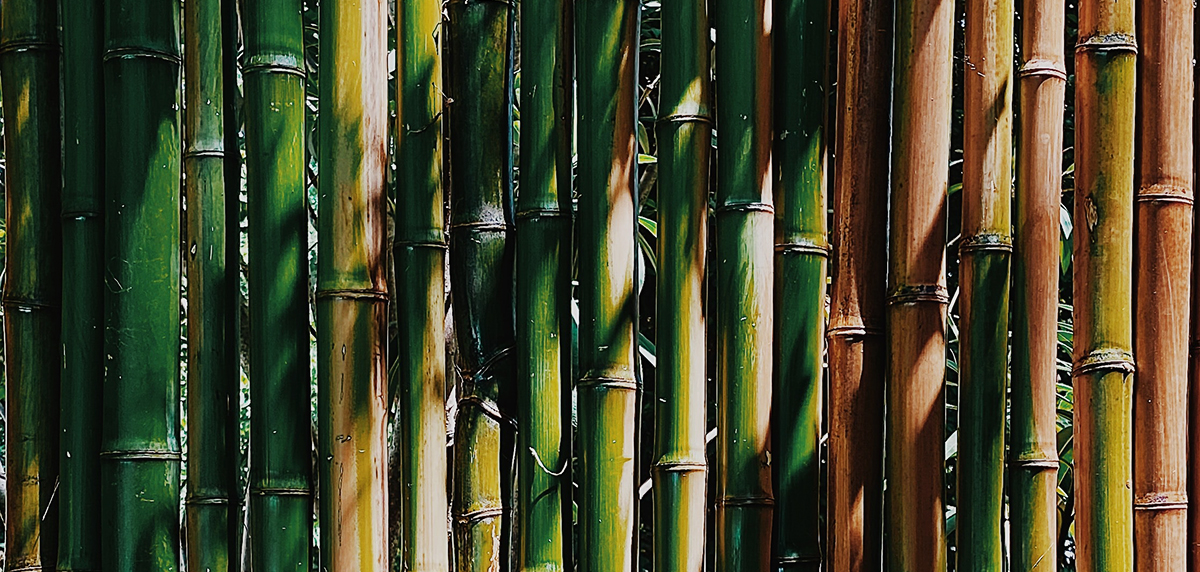
Bamboo which has a unique substance that is named 'bamboo kun', has natural antibacterial, anti-mite,deodorant, pest control function. Observed under a microscope, bacteria can multiply on wood fibers, and on bamboo fiber products, bacteria can not only multiply, but can also be reduced. The bacterial mortality rate can reach more than 73% within 24 hours.
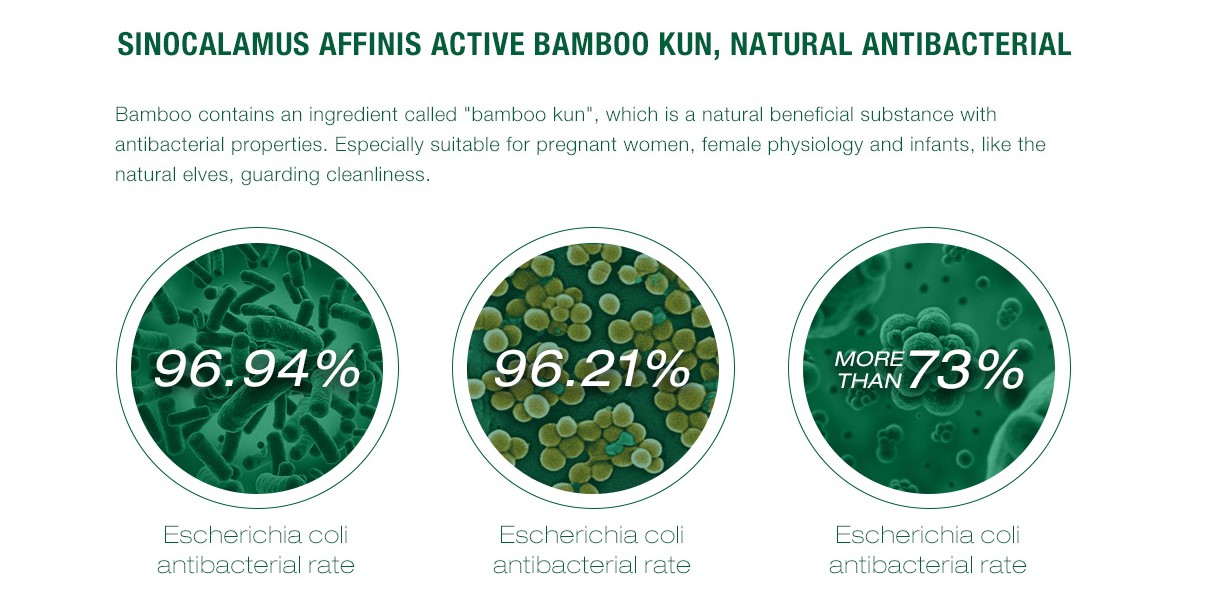
The fiber of bamboo fiber is relatively thin. The cross section of bamboo fiber observed under an electron microscope at 2000 times is composed of multiple elliptical gaps, which is hollow. The air permeability is 3.5 times that of cotton. It is known as "the queen of breathing fibers." Therefore, the tissue paper produced with bamboo fiber has good breathability and comfort.
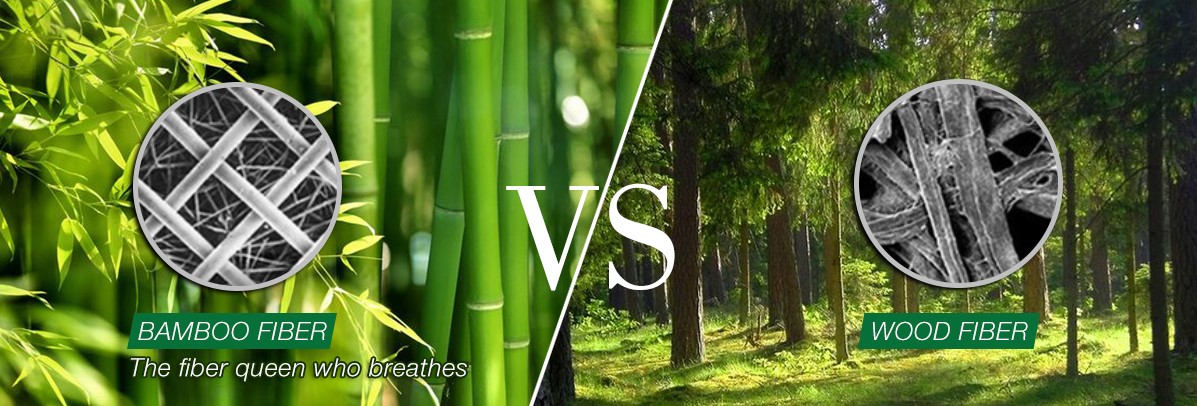
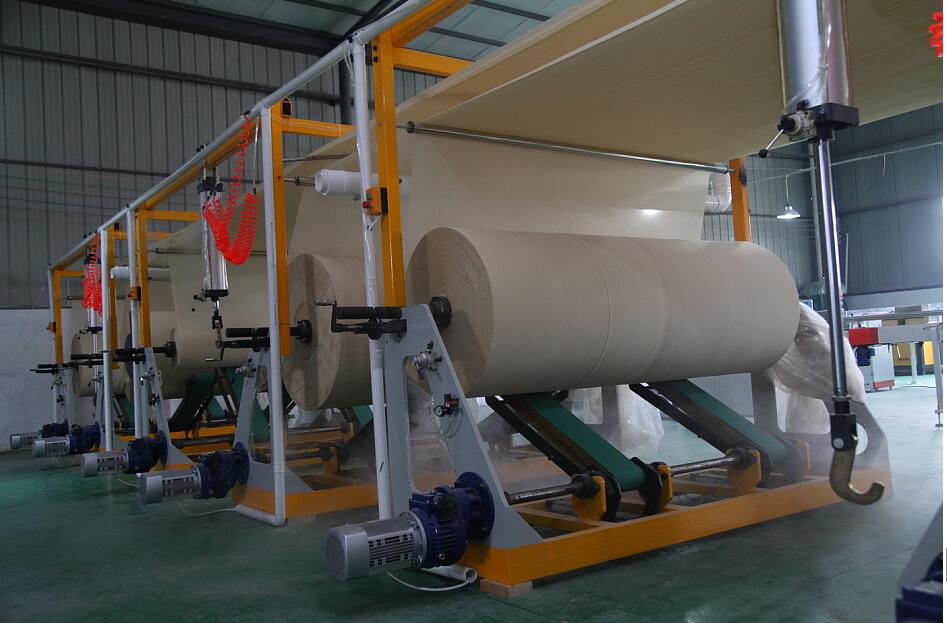
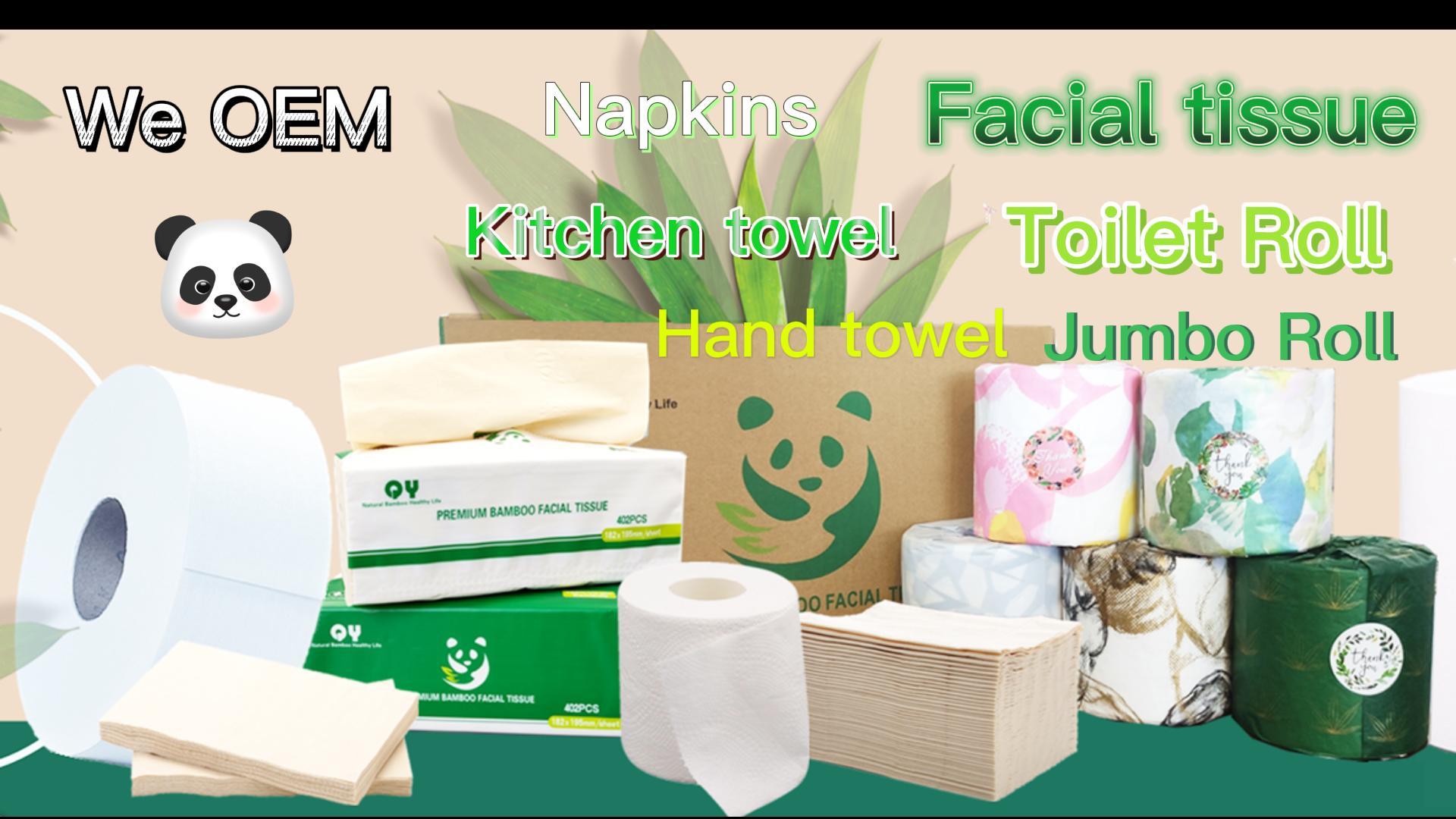
Welcome to inquiry our bamboo toilet paper, bleached toilet paper, unbleached toilet paper, bamboo tissue, bamboo facial tissue, bamboo pulp, paper pulp.